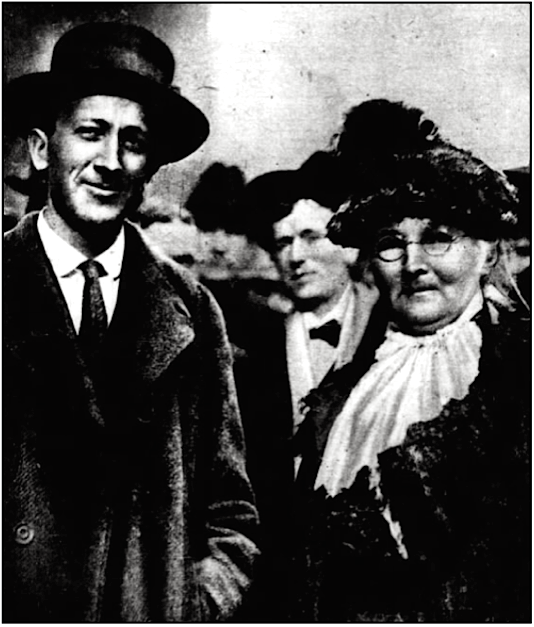 ———-
———-
Hellraisers Journal – Sunday December 28, 1919
Mother Jones News for November 1919, Part I
Found in Pittsburgh, Pennsylvania and Washington, D. C.
From The Survey of November 8, 1919
-taken from “Closed Towns” by S. Adele Shaw:
———-
[One] evening I went to a meeting of strikers [held in Braddock, Pennsylvania]. All was quiet as I made my way toward the river. Down a poorly lighted street, so dark I could scarcely see the curb, I found the men standing, filling the vacant lot before the door of the hall which was packed, and on the sidewalks and street, but not blocking either. There was neither noise nor excitement. “Mother Jones goin’ to speak.” “Come on, lady.” And the men held up their arms to open a passage for me. The hall was jammed. Sweat stood on every forehead.
The first speaker was J. G. Brown of the Pittsburgh strike committee. I had heard him the summer before in the mill towns telling the men what the eight-hour day would mean for them and their families, urging them to take out their papers and become citizens, and never failing to impress upon them the necessity of obeying the laws of the town, state and the country. Then came the deep clear voice of a woman, filling every corner of the hall. I stood on tiptoe and saw the grey hair of Mother Jones, the woman agitator of the mining districts of Colorado and West Virginia, who with the rough speech and ready invective of the old-time labor spell binder, has exerted a powerful influence over the striking steel workers. At her first words there was complete silence. Though practically all were foreigners, not a man in the hall appeared to miss a word.
[Mother Jones said:]
We’re going to have a hell of a fight here, boys. We are to find out whether Pennsylvania belongs to Gary or to Uncle Sam. If it belongs to Gary we are going to take it away from him. We can scare and starve and lick the whole gang when we get ready…The eyes of the world are on us today. They want to see if America can make the fight…Our boys went over there. You were told to clean up the Kaiser. Well, you did it. And now we’re going to clean up the damned Kaisers at home…They sit up and smoke seventy-five cent cigars and have a lackey bring them champagne. They have stomachs two miles long and two miles wide and we fill them…Remember when all was dark in Europe and Columbus said, “I see a new land,” they laughed. But the Queen of Spain sold her jewels and Columbus went to it…He died in poverty, but he gave us this nation and you and I aren’t going to let Gary take it from us…If he wants fourteen hours he can go in and work it himself…We don’t want guns. We want to destroy guns. We want honest men to keep the peace. We want music and play grounds and the things to make life worth while…Now, you fellows go on out. I want to talk to the other boys.

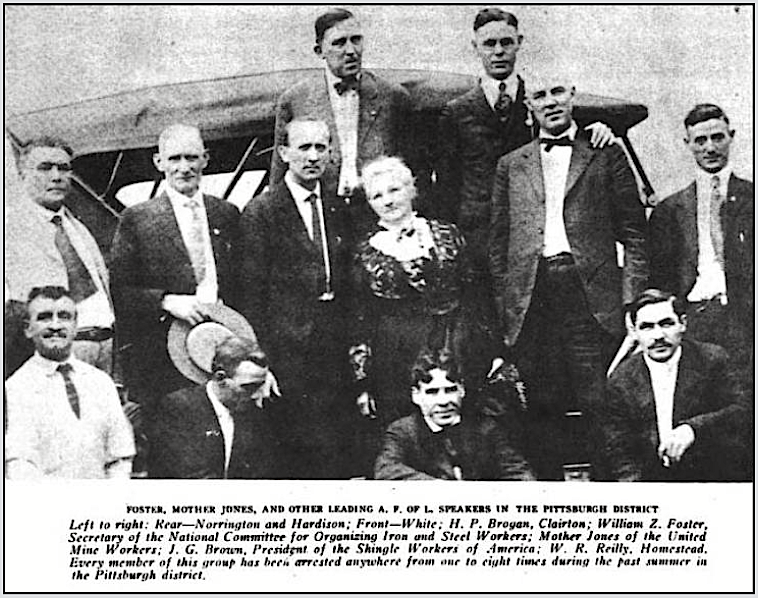
 ———-
———-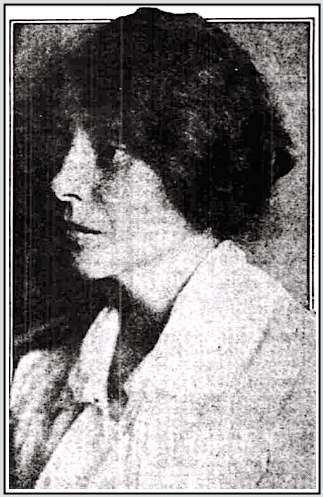
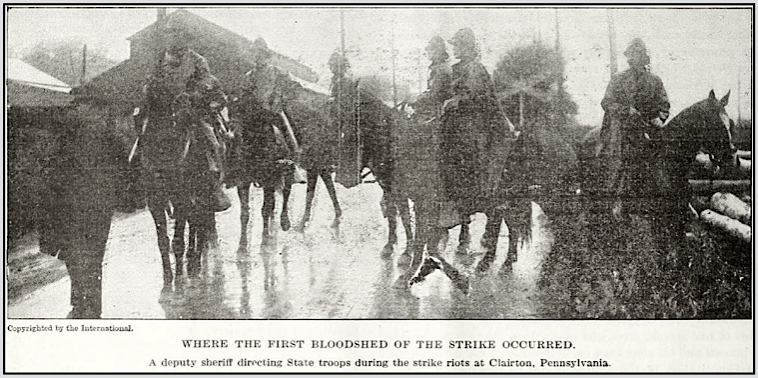
 ———-
———-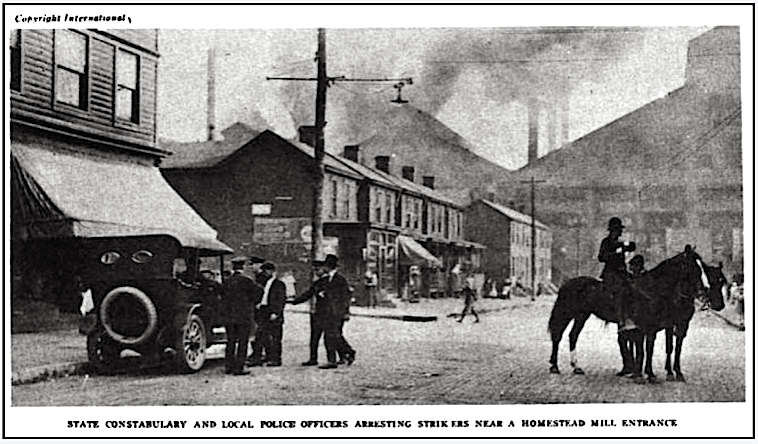
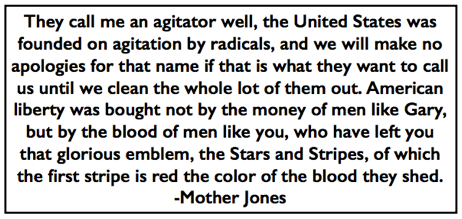 ———-
———-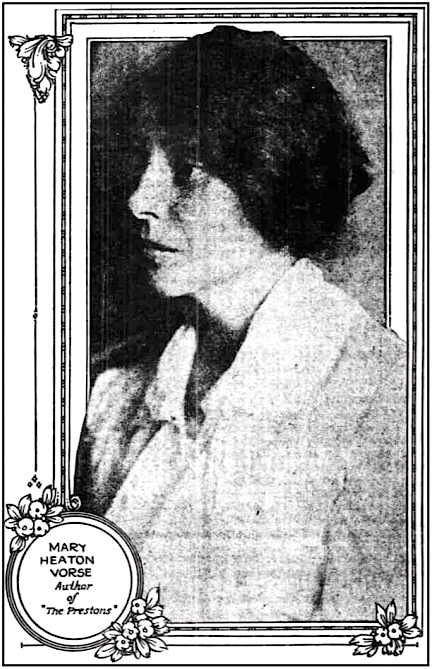
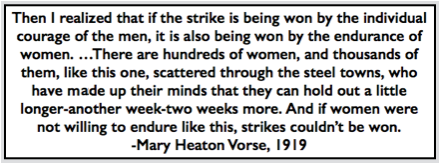 ———-
———-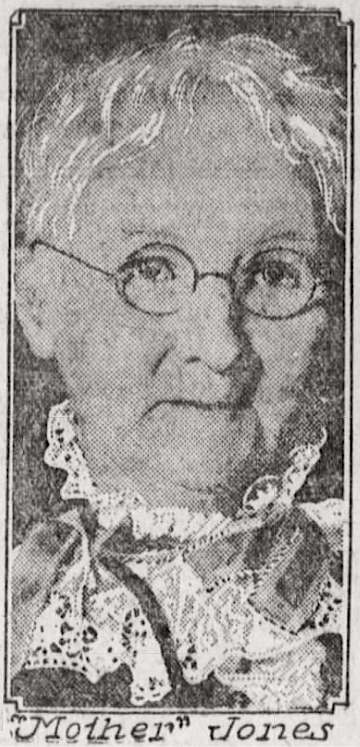
 ———-
———-